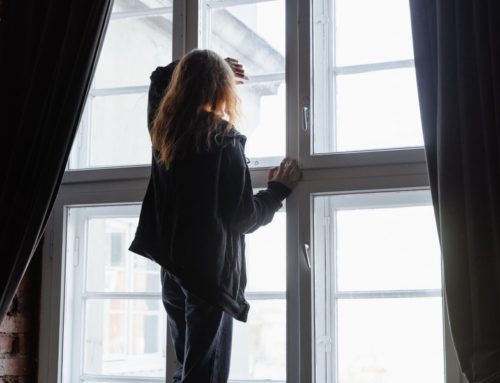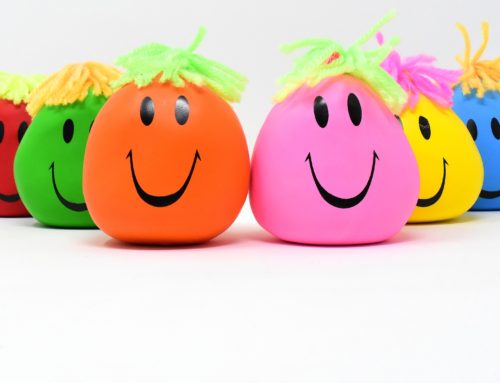Everyone has reason to feel sad from time to time. Sadness doesn’t necessarily have a set duration and people don’t always experience it in the same way. Nonetheless, there are real differences between sadness, a common emotional everyone feels, and depression, a psychological disorder that affects about 20 percent of the population. Given that both terms are used interchangeably in daily conversation, it’s a good idea to understand how sadness and depression differ.
One of the most enduring features of common sadness is that it has a definite cause. We can usually identify what’s the source of our unhappiness. Sadness is likewise temporary. It may not zip in and out of our lives, but it doesn’t stay for a prolonged duration. Although sadness colors all our activities and interactions while it lasts and perhaps can be briefly overwhelming, it neither endures for long nor does it affect our health.
Depression changes everything. Sometimes it appears from nowhere, sneaking into our lives with an insidious, slow progression. Gradually, depression pushes out all emotions but deep, unrelenting sadness. It also drains the ability to feel any pleasure in life. A person’s favorite activities are no longer fun. Socializing feels like far too much effort, so people withdraw from friends and family.
Unlike sadness, depression significantly affects a person’s physical and long-term mental health. Depression affects a person’s sleep, causing insomnia in many people, while others sleep far too much. It may kill all appetite for some sufferers, while others experiencing depression will crave foods high in carbohydrates and sugars and end up with a weight gain. Depression eliminates the ability to feel anything but emptiness.
We can see then that sadness is a common, normal emotion. Unlike depression, it’s not an emergency and it’s not a medical condition. Depression is a serious medical and psychological condition that affects a person in all aspects of their lives. Untreated depression often kills.
Treating Depression with Psychotherapy
Depression comes in several forms, but they are all treatable. Mild depression may be treated with psychotherapy alone, although moderate to severe cases of depression are best treated with a combination of psychotherapy and antidepressants.
Psychotherapy involves meeting with a trained, professionally educated and licensed mental healthcare provider. Psychotherapy, often called talk therapy, provides a person with a safe, confidential environment to talk about their feelings and situation while learning better ways to cope with depression.
Damaris Aragon, ARNP, BC provides a full spectrum of mental health care to people in Spokane, Washington, and surrounding areas. She focuses on providing personalized, compassionate care that adheres to current evidence-based standards. Reach out to Damaris through her contact page or calling 509-342-6592.






